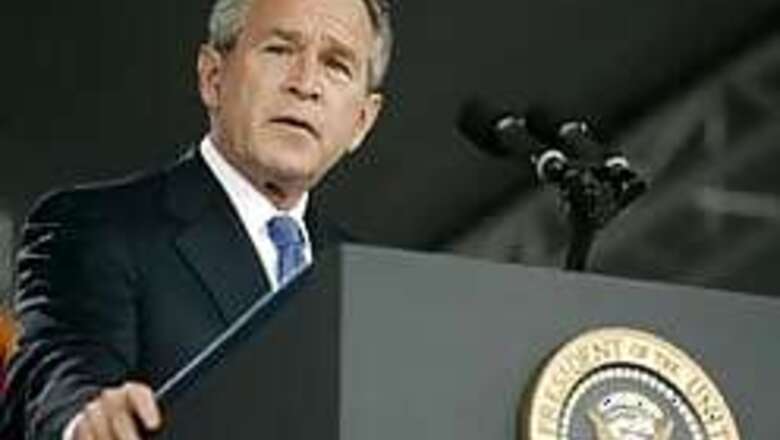
views
Washington US President George W Bush vowed on Monday that Abu Musab al-Zarqawi's successor as al-Qaeda's chief in Iraq would be 'on our list' of targets and said US troops must stay for now to help secure the country.
Confronting low public approval ratings and an increasingly unpopular war, Bush spoke after a day of talks with his national security team about how to capitalize on the death of Zarqawi and the creation of a Iraqi unity government.
Zarqawi, mastermind of some of the bloodiest bombings since the US-led invasion in 2003, died last Wednesday during a US air strike on an al-Qaeda hideout.
The group named a successor, Abu Hamza al-Muhajir, little known in the West, even as Bush conferred by video conference from Camp David with his war commanders in Baghdad about the way forward in Iraq. Asked about Muhajir, Bush suggested he could suffer the same fate as his predecessor.
"I think the successor to Zarqawi is going to be on our list to bring to justice," he said. But while hailing Zarqawi's death as a "major blow" to al-Qaeda, Bush said: "I fully recognize that's not going to end the war."
Al-Qaeda threatened revenge attacks, and insurgent bombings killed at least 34 people in Iraq on Monday. Zarqawi's death and the completion of Iraq's unity government led by Prime Minister Nuri al-Maliki had raised hopes among some Americans of a US troop draw down.
Bush, who has resisted offering any timetable for bringing the 131,000 US troops home, made clear that American forces must stay to provide security but said Maliki and his government will make an assessment of their security needs. "Whatever we do will be based upon the conditions on the ground," Bush said, turning aside a question about possible troop reductions.
Cites benefits of higher oil output
Bush said Iraq's production of over 2 million barrels of oil a day was an ‘extremely positive’ development and Washington was working with Iraqi ministries to get oil production up even higher. "We spent a lot of time in talking about energy and oil," he said.
"My own view is that the government ought to use the oil as a way to unite the country and ought to think about having a tangible fund for the people, so the people have faith in central government," Bush said.
"It's something that I view as a very positive part of the Iraqi future," he added.
"And we talked about how to advise the government to best use that money for the benefit of the people." Bush has seen public disenchantment with the war rise as American casualties, now nearing 2,500, mount.
His fellow Republicans worry his Iraq policy could hurt their chances of keeping control of Congress in the November midterm elections. Bush urged patience as he ended the first day of a two-day conference to chart America's future role in Iraq.
"No question the fighting is tough, no question the enemy is violent and mean, but the enemy doesn't stand for anything," Bush insisted. "I keep reminding the American people that the stakes are worth it," he said, flanked by Vice President Dick Cheney, Secretary of State Condoleezza Rice, Defense Secretary Donald Rumsfeld and other key advisers.
Military commanders had hoped to reduce the US presence to 100,000 troops by the end of the year, but an unrelenting insurgency and sectarian violence have cast doubt on that.
White House counselor Dan Bartlett called completion of Maliki's unity cabinet, which will participate by videoconference on Tuesday, a "fundamental break point" for the Iraqi people. Bush and his aides were expected to press Iraqi leaders not to squander the chance to assert their authority and win the confidence of ordinary Iraqis.















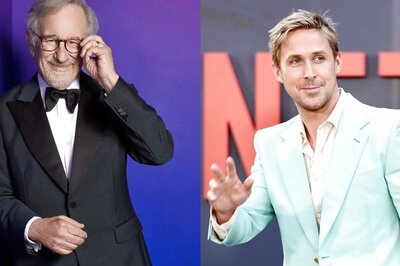
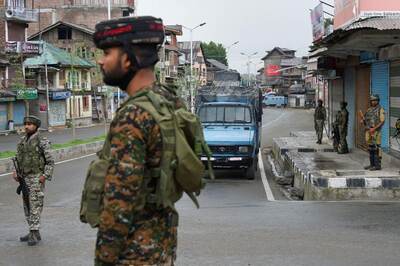

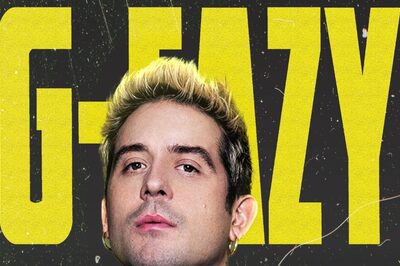
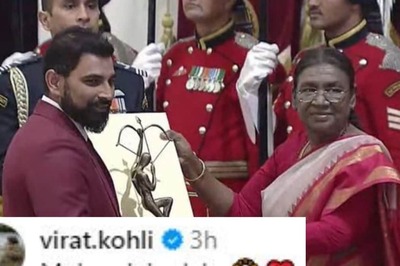
Comments
0 comment